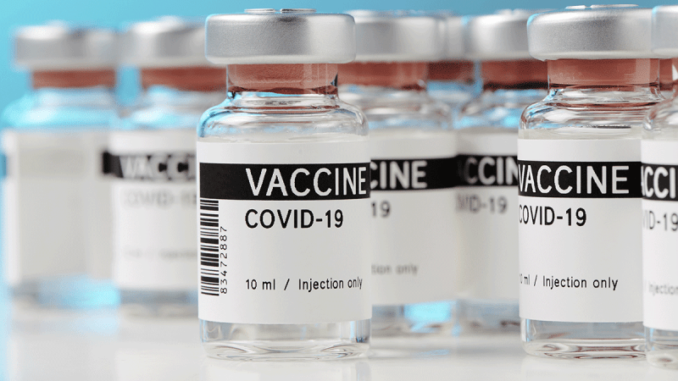
Three weeks ago, Nigeria received nearly four million doses of the COVID-19 vaccine and immediately hit the ground running in efforts to slap down the virus. The campaign that followed is a measure of the country’s determination not to compromise over how it has managed the spread of the virus. The challenge over the next few weeks and months is how citizens can freely make themselves available to receive the jabs. What is more is how government can make use of civil society assets and resources to build trust, counter the narrative around vaccine myths and scepticism and mobilise the critical mass of citizens to be vaccinated.
This presents the Nigerian government with an epoch-defining question: what is the civil society engagement and outreach strategy beyond information sessions via Zoom? Resolutions from the 66th Ordinary Session of the African Commission on Human and Peoples’ Rights (the Commission) in August 2020 should serve as some refresher. The resolution called on state parties to ensure:
Avenues are put in place for consultation with and participation of people in decision-making and implementation of public health measures including through community leaders, civil society organisations, women groups, and religious organisations.
Ensure the representation and participation of women and women organisations in the decision-making processes relating to national mechanisms for containing the spread of COVID19.
Allow and support community engagement and participation in the effort not only to contain the spread of the virus but also to take mitigating measures for limiting the impact of COVID-19 and COVID-19 measures.
The above resolutions defy those looking for a simple answer to government -civil society engagement in both normal times and during emergencies. Government must make conscious efforts to inform, engage and create avenues for citizens and citizen organisations to participate in decision-making and implementation of measures to curb the pandemic. Civil society inclusion in the management of the pandemic has been albeit tokenistic limited to only information sessions and extremely limited opportunities for full participation.
COVID-19 is a test for government and how it partners critical stakeholders, including how it creates opportunities for making use of the resources and assets that each sector can bring to the table without leaving any sector behind. Agreed we are all learning and adapting as we respond to the virus, it is over a year since the pandemic broke, are there things we should now do differently? Yes, there are:
(i) Ensuring public participation (including consulting with CSOs and promoting local community engagement) in the planning, monitoring and implementation of emergency measures including vaccine administration; (ii) Transparency and access to information guarantees; (iii) affirmative measures for vulnerable groups and; (iv) Non-discrimination which calls for ensuring gender equality (addressing the needs of women and girls) and evaluating emergency measures to ensure they do not have a disproportionate impact on vulnerable groups (as defined by Special Rapporteurs at the UN and ACHPR).
Often, civil society is seen as antagonistic, but it is not about what we are against but what we are for. For example, we know that the Nigerian economy can attract more investments if citizens and investors can register businesses without offering bribes. Our communities can thrive if men, women, girls, and boys have equal opportunities, are free to live and pray where and when they choose. Civil society organisations act not only as a “pain in the neck” but also as sources of ideas and as an index of public contentment with the performance of institutions and agencies responsible for the country’s development. In this way, the CSOs have a vital role not only in monitoring elections and ensuring that they are free and fair (as it seems this is the only time civil society is more valued) but also in emergency situations such as the COVID-19 pandemic. How about we change the narrative starting with a clear national engagement strategy for engaging citizens and citizen organisations in decision-making using the pandemic as a starting point. Never must we waste this crisis in learning and documenting important lessons that can help us to build back better.
Oyebisi Babatunde Oluseyi, Executive Director, Nigeria Network of NGOs, Lagos
END

Be the first to comment